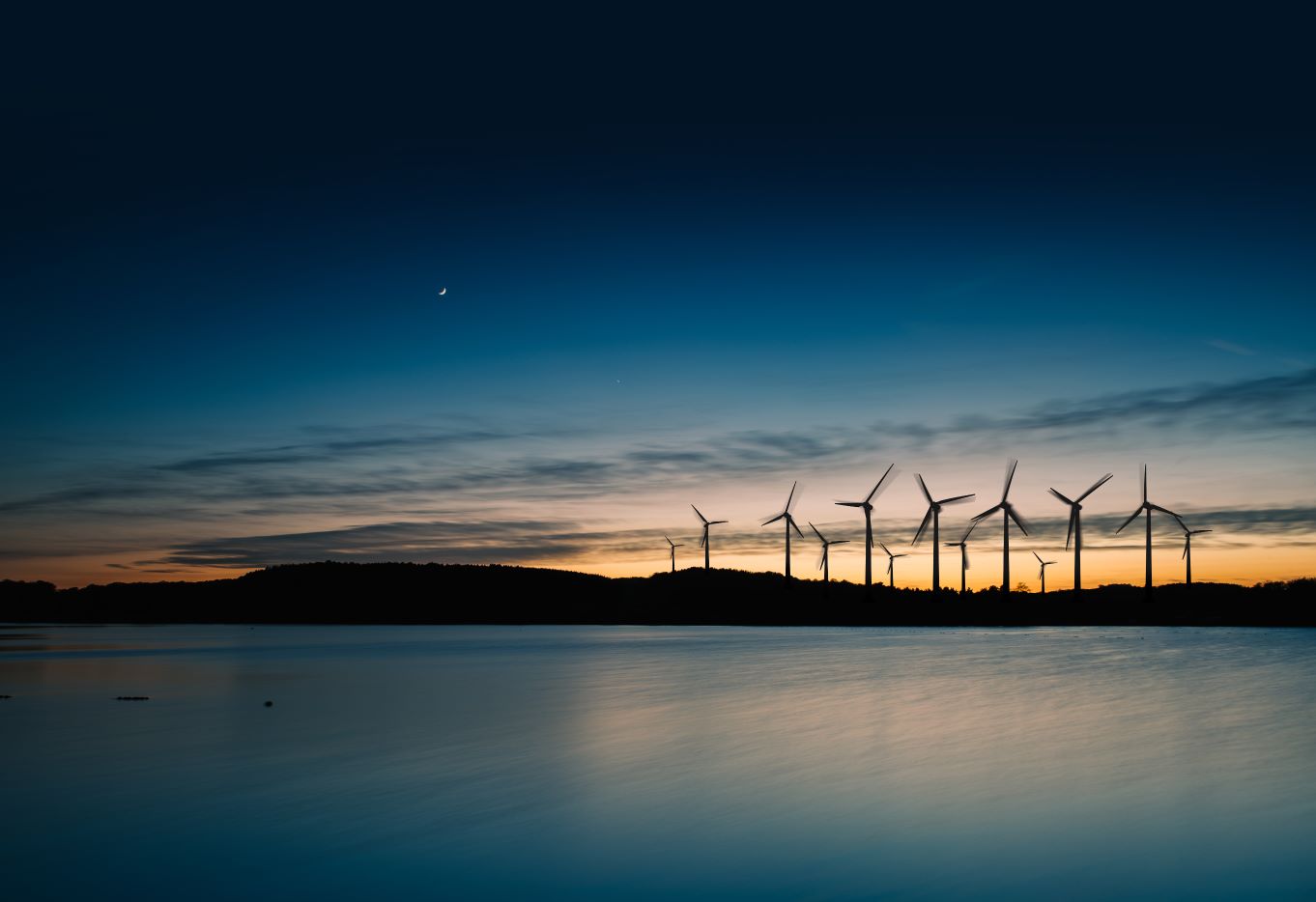The future of businesses energy use
The future of businesses energy use
We spoke to four businesses before the Covid-19 crisis to discuss the importance of considering energy efficiency – and how to start the conversation - as we look ahead to a cleaner future.
Energy use is just one cost that a business incurs. How much we use and its environmental impact is a much bigger conversation.
If companies are choosing to make changes to their energy use for commercial reasons, they are also being influenced by their customers and the conscience of their leadership. Anecdotal evidence suggests this issue is moving up the agenda of investors too.
This means that energy efficiency changes made by one business exist in the context of a regional, national and global story. There are many players in the game, including the networks, energy companies, business groups and activists.
There is a lot of information to digest when it comes to energy efficiency and, from our conversations, it’s not always clear to businesses what they need to do and where to start when tackling it.
“I think this is about having honest partners and companies to work with,” says Nigel Holden, head of Co-op Power. “There also needs to be some clarity on what’s required. You’ll get organisations come out and say they are zero carbon, and that can’t always be right. It’s very easy to make a commitment to something, but you have got to have the ways and means to get them on that journey.
“Steve Murrells, our chief executive, says that a lot of this is going to take a very different way of working. People need to come together and start sharing ways of doing things differently.”
For Quentin Abel at APC Manchester, Donald Moore at Rowlinson Knitwear and Matt Edgley at Teledata, their decisions have been supported by a strong sustainability team at the Business Growth Hub in Manchester. When we asked them who else they speak to about energy, climate and a desire to make a difference, it sounds like it’s early days for them, too.
“I don’t get to talk to people as much as I would like in that context,” says Abel, who is also an active member of the Institute of Directors and acts as a spokesperson for the infrastructure and the environment.
“Frankly, I will talk to anybody. I wouldn’t list everything that we have so far done and the things that we are thinking of doing next. I would normally demonstrate what a difference it makes having clear roof windows, for example.”
“There are still people who think that energy and climate just isn’t going to be an issue. But the messages we can deliver should be good humoured and explain what companies can do and the huge benefits involved - for people’s wellbeing, sense of self, a more natural, lighter working space and real bottom-line savings as well.”
Nigel Holden says the next ten years of carbon management are absolutely critical: “What we do now will be the difference between success and failure.
“My hope is that most companies will have well-established plans in the next five years. My fear is that won’t happen across the board.”
Clearly, the business environment has changed a lot in a short space of time since we had these conversations and businesses have faced significant challenges due to Covid-19.
However, as we move into the recovery phase after the crisis, there is a strong mindset that a green recovery should be at the heart of society’s attempt to build back better.
We want to hear your say on this – what are your main concerns about trying to be more energy efficient, and have you faced any challenges when trying to do so? Also, how do you think we at Electricity North West could support businesses better?
We are calling for those living or working in the north west to have their say on our future investment plans as part of our biggest ever customer engagement programme. Anybody interested in getting involved can visit www.pluggingin.co.uk for more details.